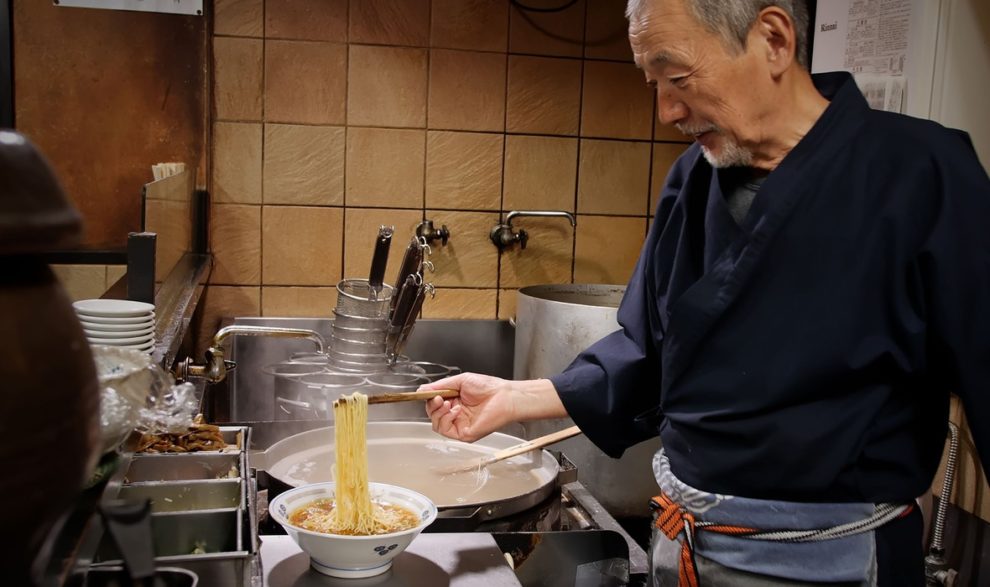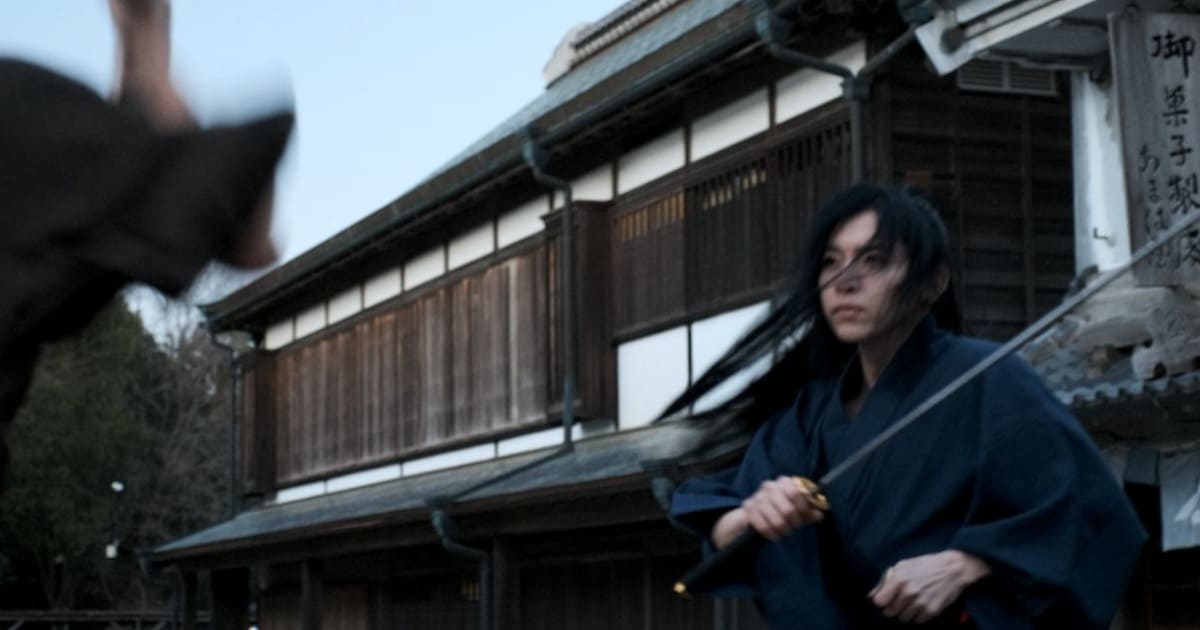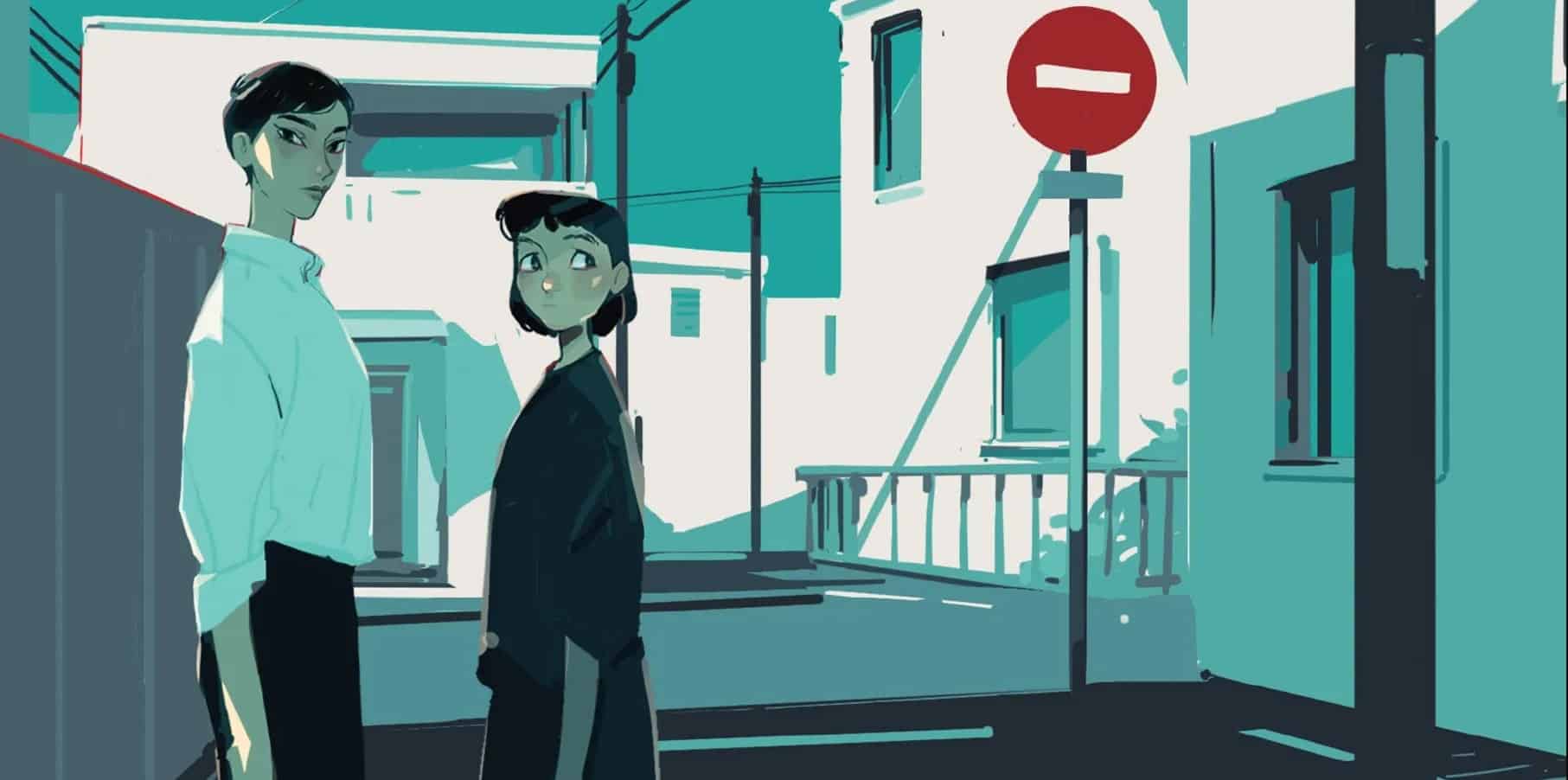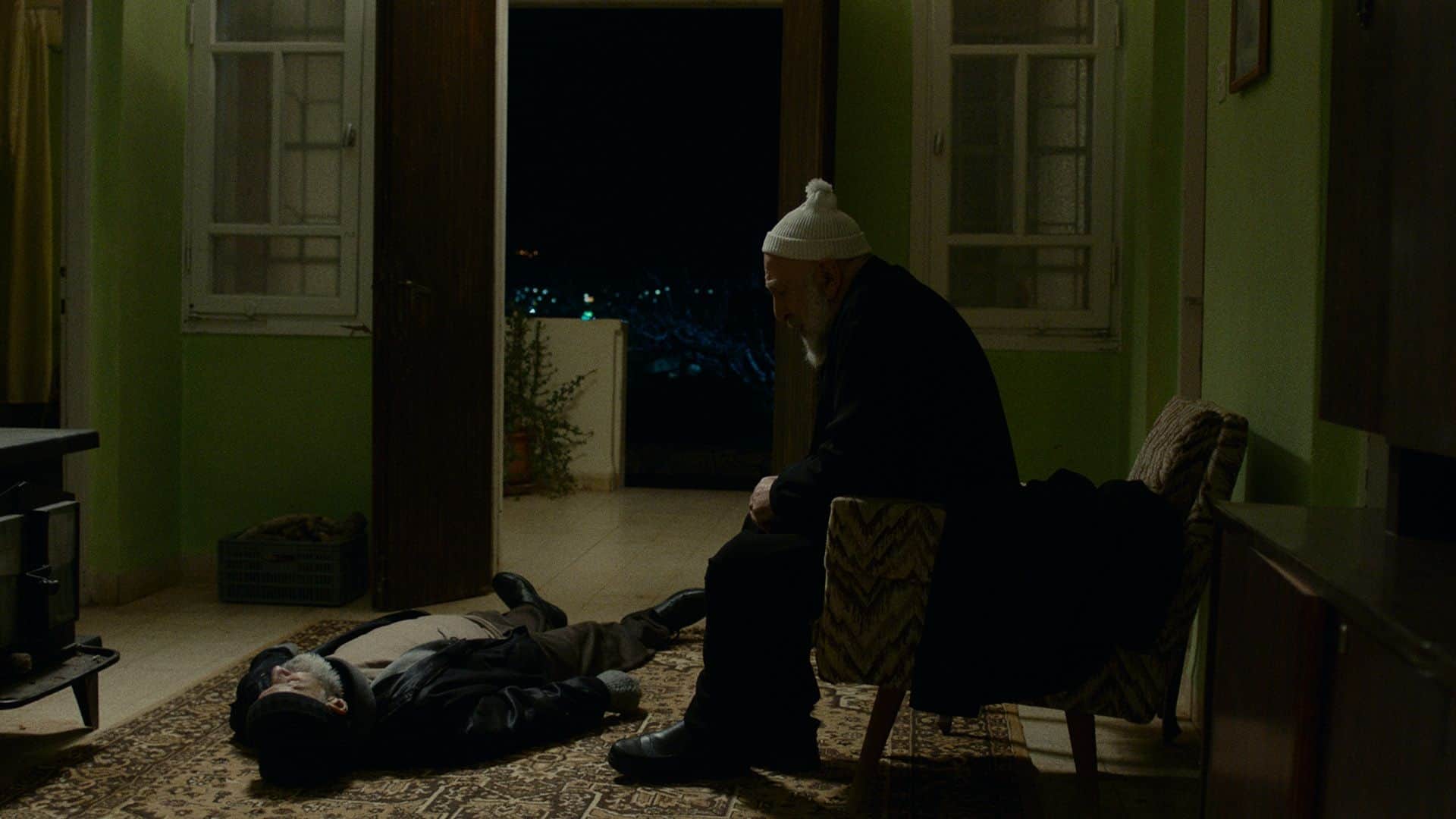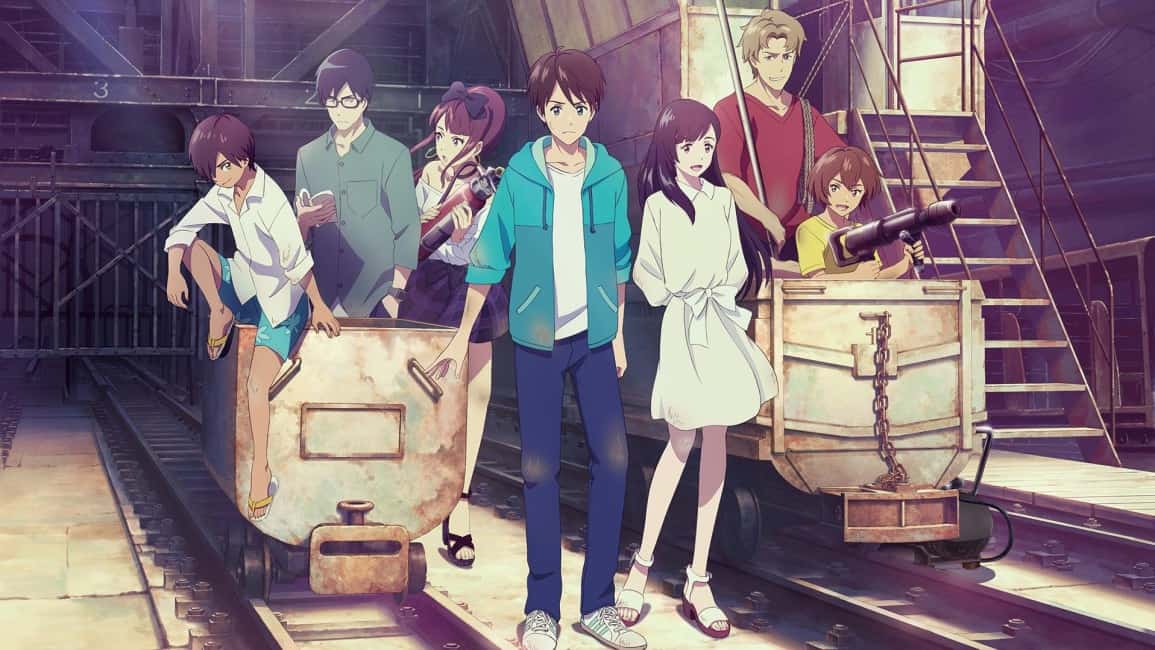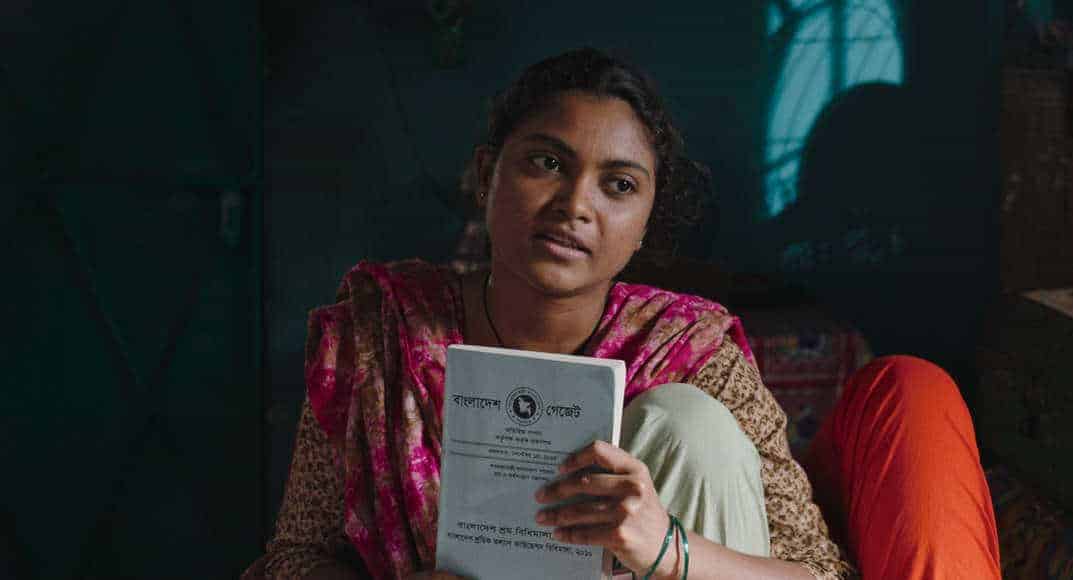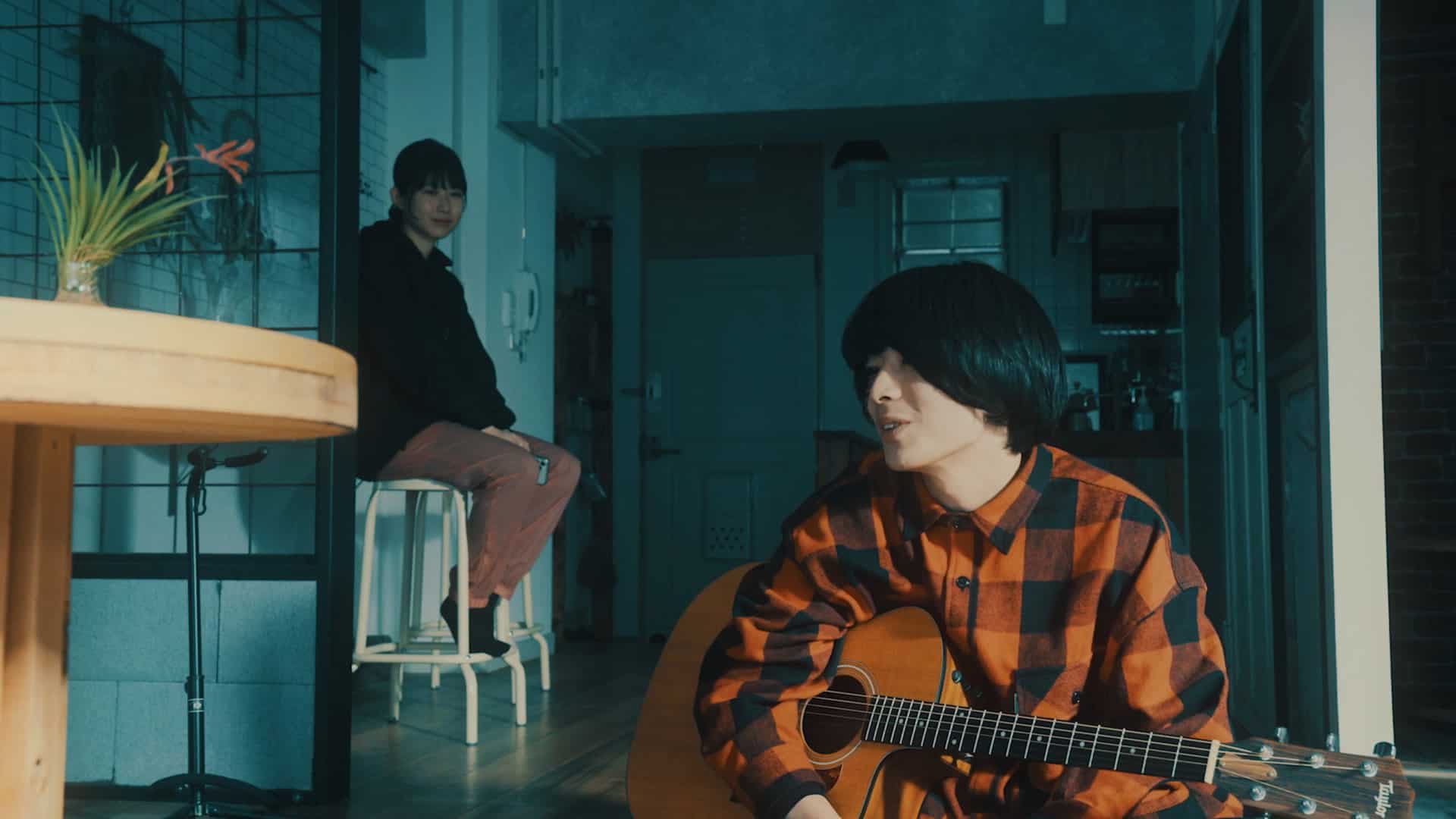Masamoto Ueda likes to read. Thanks to that circumstance, he started not only fishing and farming but also his profession as a ramen chef. Together with his wife Kazuko he runs a Tokyo-based ramen restaurant called “Bizentei” for more than forty years and has established a social hub for the neighborhood. American filmmaker John Daschbach's second feature follows the trails of the charismatic cook and has recently won the Audience Award at Japannual Film Festival 2022.
“Come Back Anytime” is screening on Japannual Film Festival in Vienna

First things first. The editing and music score are on point. Daschbach's postproduction skills and experience as a cinematographer truly shape the chilled atmosphere of the documentary. Different from other ramen films, the craftsmanship behind the cooking is not glorified to the highest heights, and refrains from singing the same old song about the mystic old ramen chef that is normally seen as a god-like figure behind the counter. Everything is tangible. There is no stereotyped strictness that needs to be followed in the course of the ramen-making process, it all comes naturally and the receipt is modified from a cookbook Masamoto once read. He doesn't buy the best quality ingredients, nor does he uses special techniques. His specialty is hospitality.
Besides the mouthwatering dishes, Masamoto created a home for many of his customers. In one (reported) case, he even functioned as a matchmaker, vouching for one customer's eligibility for marriage. Two children, who call him grandpa for fun now, emerged from that decision. On days off, he goes out with his regulars to a farm in nearby Chiba, where they grow vegetables that will be processed in his restaurant later. “Come Back Anytime” focuses more on that social aspect than on culinary extravaganza, telling the biography of the Uedas, their hardships. and their impact on their guests. Interviews with the regulars, who tend to come from every corner of society (e.g. rock musician Takashi Tanaka), highlight the heartwarming atmosphere of the place.
Piano music and pointed cinematography make it a classy film that digs deeper and even questions the role of Kazuko, who tries to break free from her role as “Ueda's wife” and started a new life phase as a painter on the side. Nothing about the narrative approach seems to push a certain agenda in an aggressive way, which is a good thing since many Western producers try to portray Japanese or Japanese cuisine in particular as an exotic thing. By showing this example of a simple man and his passionate effort to bring people together, this story becomes universal for everyone.


